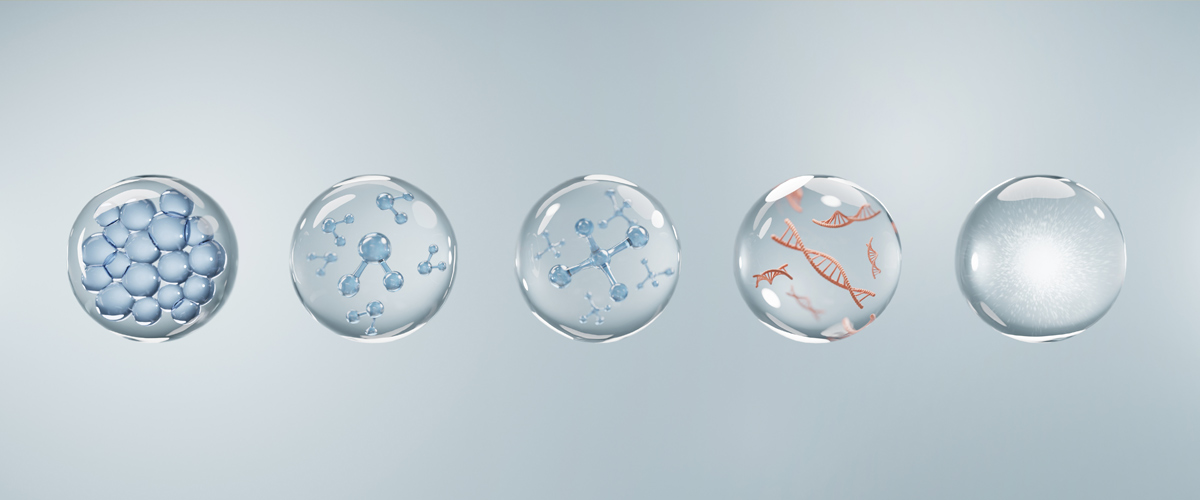Parabens are known to bind weakly to estrogen receptors, and in 2004 one study detected parabens in breast cancer tissue samples1. That sounds fairly incriminating, like catching a burglar at the scene of a robbery, until we dig a little deeper. The study only looked at a small sample of tumours (20), didn’t compare healthy tissue, and most importantly, the blank samples with no tumour material were also positive for parabens, suggesting contamination. In fact, some of the “blank” samples showed higher levels of the preservative than the tumour samples.
The author herself later clarified that the study never claimed that parabens were the cause of the tumours, and a review published in 2015 concluded that ‘to date, no human studies have shown convincing evidence that parabens cause and stimulate breast cancer2. The same conclusion was reached by the SCCS*,3 a NICNAS^ Human Health assessment4, and the CIR† Expert Review Panel5. To return to our burglary analogy, simply being in the vicinity of a robbery doesn’t make you the guilty party.


